
Arawa: The Hidden Gem of Papua New Guinea
Nestled on the eastern coast of Bougainville Island, Arawa is a city that offers a perfect blend of natural beauty and rich cultural heritage. Once the bustling heart of Bougainville's mining industry, Arawa now stands as a tranquil escape, surrounded by lush rainforests, pristine beaches, and captivating landscapes. Arawa is a paradise for nature enthusiasts. The nearby Panguna mine, though no longer operational, provides a dramatic backdrop to the city and offers adventurous hikes with stunning views. The surrounding rainforests are home to a diverse range of flora and fauna, making it a fantastic destination for bird watchers and eco-tourists. The beaches near Arawa are untouched and serene, perfect for a quiet day of sunbathing or a refreshing swim in the crystal-clear waters. Cultural experiences in Arawa are equally enriching. The local market is a vibrant hub where you can find traditional crafts, fresh produce, and mingle with the friendly locals. The city's history and the resilience of its people are palpable as you explore. Engaging with local guides will provide deeper insights into the unique culture and history of Bougainville, including the impact of the civil conflict and the community's road to recovery. Whether you are an adventurer, a history buff, or someone seeking peace and tranquility, Arawa offers a unique and memorable experience. Its natural beauty and cultural depth make it a hidden gem worth discovering.
Local tips in Arawa
- Visit the local market early in the morning for the freshest produce and unique crafts.
- Hire a local guide to explore the history of the Panguna mine and understand its significance.
- Bring insect repellent for hikes in the rainforest to ensure a comfortable experience.
- Respect local customs and traditions, especially when visiting villages or cultural sites.
- Cash is essential as ATMs and card facilities are limited in Arawa.
Arawa: The Hidden Gem of Papua New Guinea
Nestled on the eastern coast of Bougainville Island, Arawa is a city that offers a perfect blend of natural beauty and rich cultural heritage. Once the bustling heart of Bougainville's mining industry, Arawa now stands as a tranquil escape, surrounded by lush rainforests, pristine beaches, and captivating landscapes. Arawa is a paradise for nature enthusiasts. The nearby Panguna mine, though no longer operational, provides a dramatic backdrop to the city and offers adventurous hikes with stunning views. The surrounding rainforests are home to a diverse range of flora and fauna, making it a fantastic destination for bird watchers and eco-tourists. The beaches near Arawa are untouched and serene, perfect for a quiet day of sunbathing or a refreshing swim in the crystal-clear waters. Cultural experiences in Arawa are equally enriching. The local market is a vibrant hub where you can find traditional crafts, fresh produce, and mingle with the friendly locals. The city's history and the resilience of its people are palpable as you explore. Engaging with local guides will provide deeper insights into the unique culture and history of Bougainville, including the impact of the civil conflict and the community's road to recovery. Whether you are an adventurer, a history buff, or someone seeking peace and tranquility, Arawa offers a unique and memorable experience. Its natural beauty and cultural depth make it a hidden gem worth discovering.
When is the best time to go to Arawa?
Iconic landmarks you can’t miss
New Guinea
Explore the breathtaking landscapes and rich cultures of New Guinea, an island paradise filled with adventure and natural wonders.
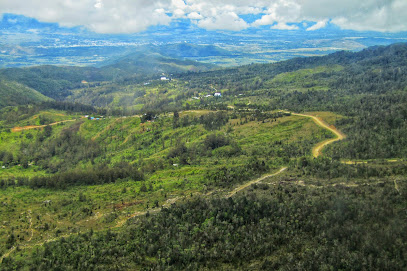
Bougainville Island
Discover the untouched beauty and rich culture of Bougainville Island, a hidden treasure in Papua New Guinea's Autonomous Region.
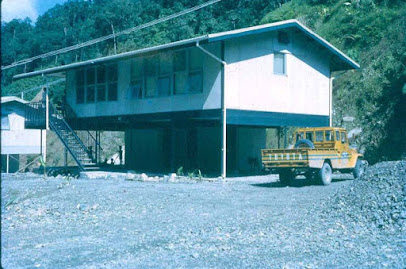
Arawa Town Vegetable Market
Explore the vibrant Arawa Town Vegetable Market in Bougainville, where fresh produce, local culture, and friendly vendors await every visitor.
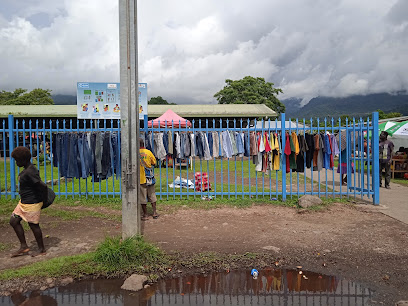
Jomik Supermarket
Explore the vibrant Jomik Supermarket in Arawa for local treasures, fresh produce, and a taste of Bougainville's rich culture.
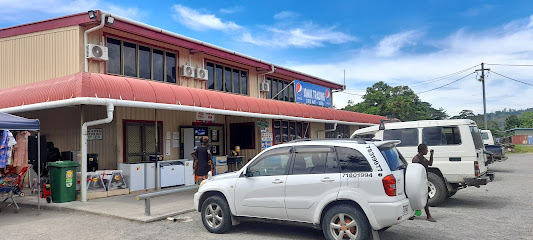
DJ Garden Lodge
Discover the serene beauty of DJ Garden Lodge in Arawa, Bougainville – a perfect blend of comfort, nature, and local hospitality.

Arawa Travellers Inn
Discover the beauty and culture of Bougainville Island while enjoying a comfortable stay at Arawa Travellers Inn, your perfect island getaway.
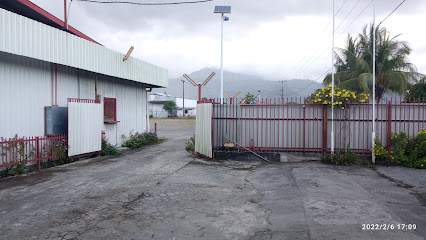
Panguna Mine
Discover the rich history and ecological significance of the historic Panguna Mine in Bougainville, a unique travel destination in Papua New Guinea.
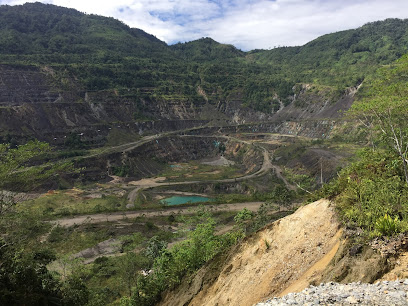
Arawa Peace Park
Discover the tranquil beauty and historical significance of Arawa Peace Park, a lush urban retreat in Bougainville, perfect for relaxation and cultural exploration.
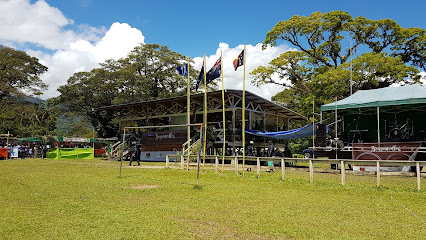
Arawa Hospital
Experience peace of mind in Bougainville with Arawa Hospital, your reliable healthcare partner amidst the beauty of the Autonomous Region.
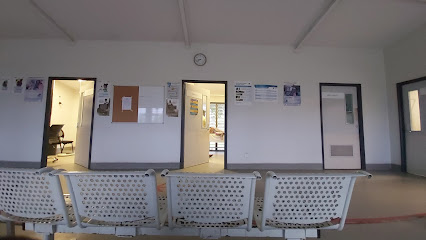
Taravang Digital Studio
Explore the cultural heartbeat of Bougainville at Taravang Digital Studio, where local music and artistry come alive.

Lighthouse Church Arawa
Explore the serene beauty and cultural significance of Lighthouse Church Arawa, a welcoming sanctuary in the heart of Bougainville.
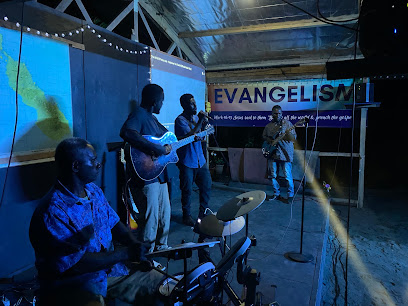
ARAWA
Discover Arawa, the charming gateway to Bougainville's stunning landscapes and rich cultural heritage, offering cozy accommodations for every traveler.

Arco Beach
Experience the untouched beauty and tranquility of Arco Beach in the Autonomous Region of Bougainville, a perfect escape for nature lovers and beach enthusiasts.
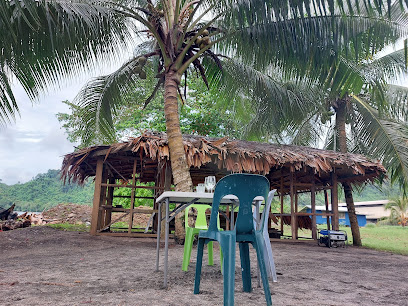
Arawa Central Automotive
Discover Arawa Central Automotive in Bougainville for dependable automotive services, enhancing your travel experience with expert care for your vehicle.
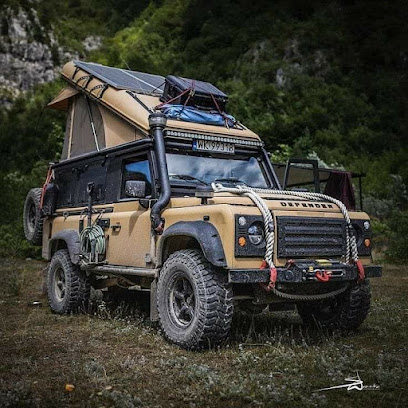
Jaminla Guest House
Discover the serene beauty and rich culture of Bougainville at Jaminla Guest House, your ideal retreat in Arawa.
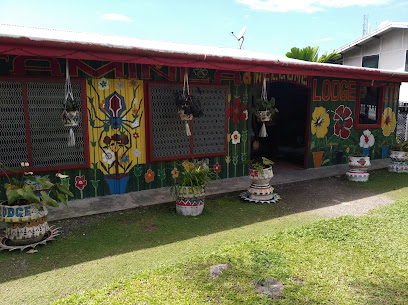
Unmissable attractions to see
Adventure Park PNG
Experience thrilling rides and family fun at Adventure Park PNG, a must-visit theme park in the heart of Central Province, Papua New Guinea.
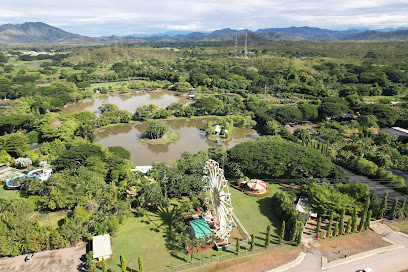
Bomana War Cemetery
Discover the profound history of Bomana War Cemetery, a serene military memorial in Port Moresby honoring the sacrifices of World War II heroes.
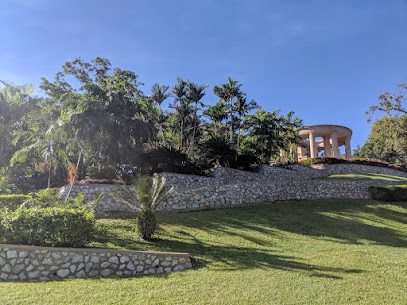
Varirata National Park
Explore Varirata National Park, a stunning state park in Central Province, Papua New Guinea, renowned for its rich biodiversity, scenic trails, and incredible birdwatching opportunities.
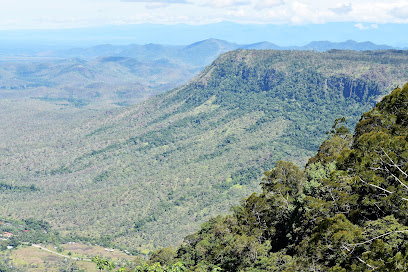
WWII Admiral Yamamoto crash location
Explore the historical significance of the WWII Admiral Yamamoto crash location on Bougainville Island, a poignant reminder of the past amidst stunning landscapes.
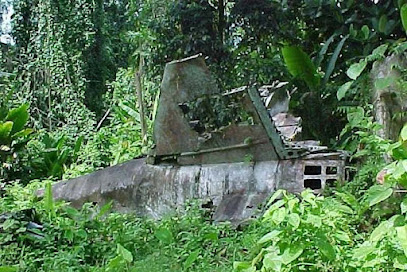
Arawa Peace Park
Discover tranquility at Arawa Peace Park, Bougainville's serene oasis for relaxation and cultural immersion amidst lush landscapes.
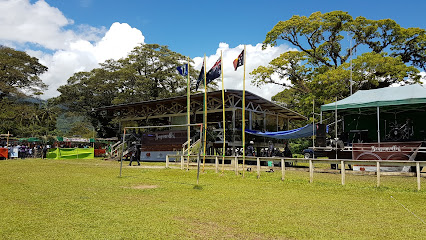
Paia Wara Chill Out Marimari
Explore the lush trails and stunning vistas of Paia Wara Chill Out Marimari, a top hiking destination in Bougainville's serene landscapes.
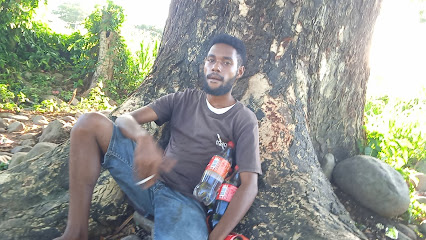
Animal block Peace Park
Experience tranquility and natural beauty at Animal Block Peace Park in Arawa, a serene escape in the Autonomous Region of Bougainville.
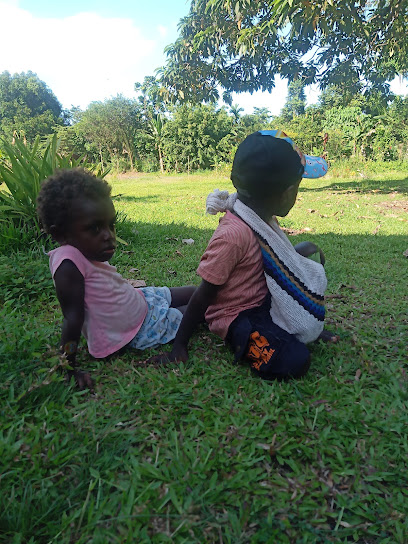
Kosinu Kuareema Waterfall
Experience the breathtaking beauty of Kosinu Kuareema Waterfall, a hidden gem in Bougainville's lush landscapes, perfect for nature lovers and adventurers.
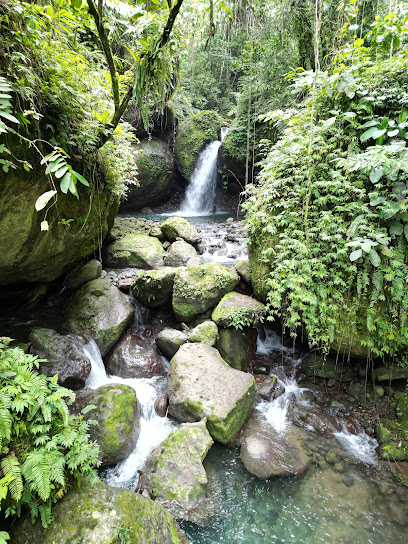
Arawa Botonical Garden
Discover the stunning Arawa Botanical Garden in Bougainville, where lush landscapes and vibrant flora create a serene retreat for nature lovers.
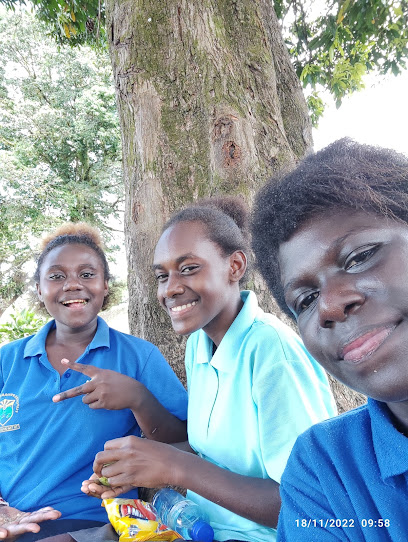
Arco Beach
Explore the serene Arco Beach in Bougainville, where golden sands meet azure waters, perfect for relaxation and adventure.
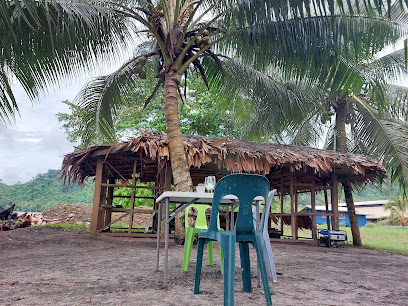
Central Bougainville Tourism Association
Explore the rich culture and stunning landscapes of Bougainville at the Central Bougainville Tourism Association, your gateway to unforgettable experiences.

Essential places to dine
Bebek Gazebo
Experience authentic Indonesian cuisine amidst stunning natural beauty at Bebek Gazebo in South Sulawesi.
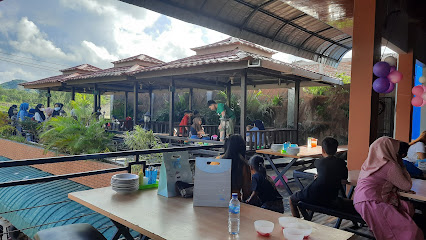
Savannah Bistro
Experience the vibrant flavors of Papua New Guinea at Savannah Bistro, where every dish tells a story in Port Moresby's culinary scene.
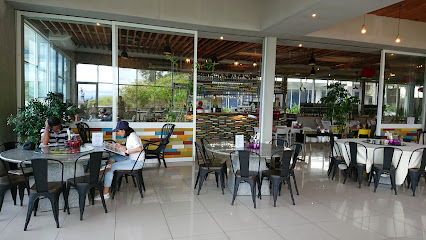
Asia Aromas Harbour Side West PNG
Experience authentic Chinese cuisine at Asia Aromas Harbour Side West PNG, where every dish tells a story amidst breathtaking harbor views.
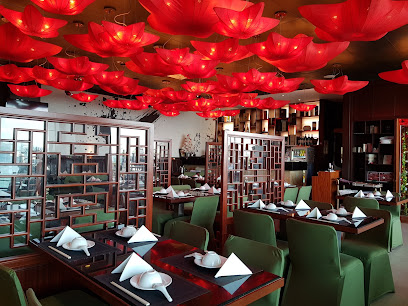
Tandoor on the Harbour
Experience authentic Indian cuisine at Tandoor on the Harbour in Port Moresby, where stunning views meet vibrant flavors.
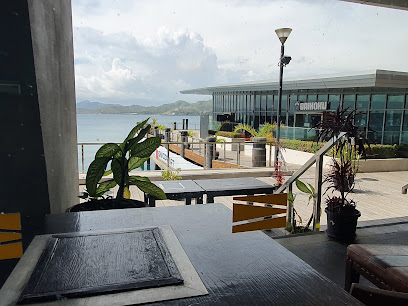
Seoul House Restaurant
Experience authentic Korean cuisine at Seoul House Restaurant in Port Moresby - a flavorful journey awaits!
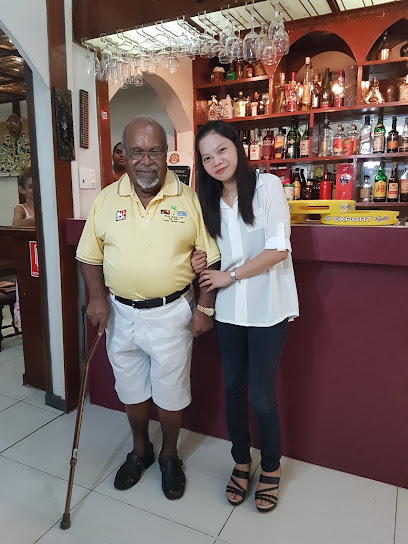
Magi Seafood Restaurant
Discover the finest seafood delights at Magi Seafood Restaurant in Port Moresby – where freshness meets flavor.
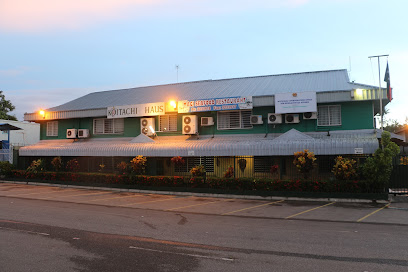
Bacchus Restaurant
Experience exquisite dining at Bacchus Restaurant in Port Moresby - where local flavors meet international cuisine in an elegant setting.
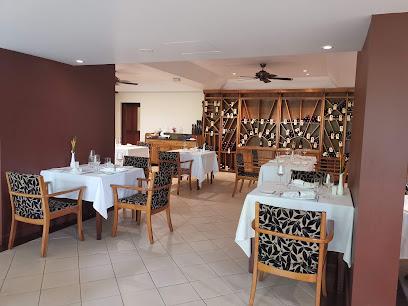
Rapala Restaurant
Experience authentic local flavors and international cuisine at Rapala Restaurant in Port Moresby.
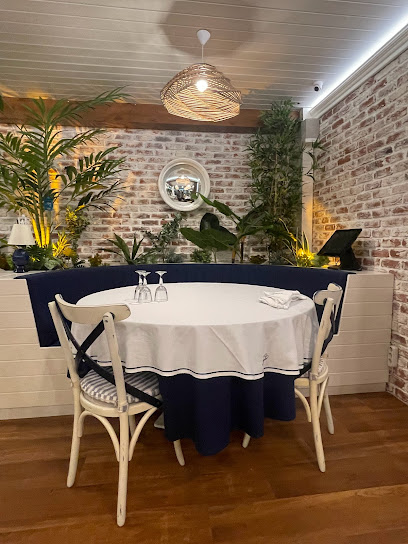
Goroka steak house
Discover culinary delights at Goroka Steak House in Papua New Guinea's Eastern Highlands—where every bite tells a story.
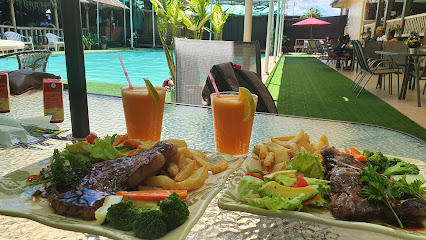
Bird of Paradise Hotel & Apartments
Discover comfort and hospitality at Bird of Paradise Hotel & Apartments in Goroka - your gateway to experiencing Papua New Guinea's rich culture.
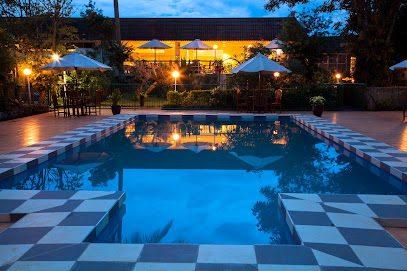
Spice Southern Indian Restaurant
Discover the authentic taste of Southern India at Spice Southern Indian Restaurant in Port Moresby – where every dish tells a story.
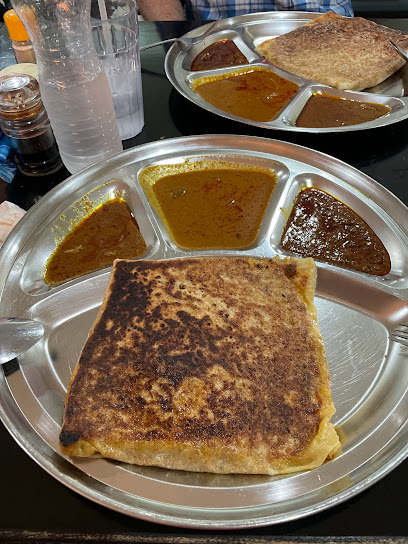
Eden Restaurant
Discover authentic Papua New Guinean cuisine at Eden Restaurant in Madang Province—where every meal is a celebration of local flavors and hospitality.
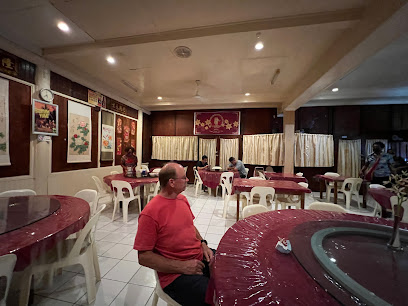
Valentine
Discover authentic Indonesian flavors at Valentine Restaurant in Sidenreng Rappang Regency - a must-visit culinary destination in South Sulawesi.
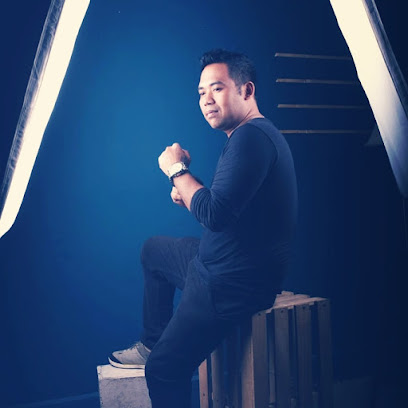
Jerohi Kai Bar
Discover authentic Bougainvillean flavors at Jerohi Kai Bar in Arawa - a culinary gem celebrating local cuisine.
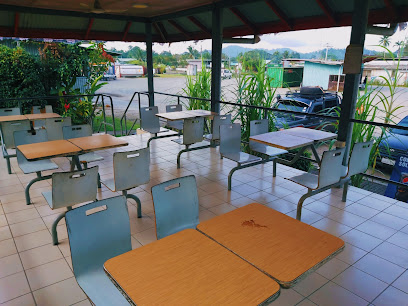
UNIGOR RESTAURANT
Experience authentic Papua New Guinean flavors at UNIGOR Restaurant in Goroka - a culinary gem within the University campus.
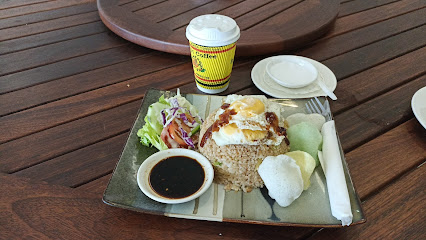
Markets, malls and hidden boutiques
Arawa Town Vegetable Market
Discover the vibrant Arawa Town Vegetable Market, a cultural gem in Bougainville filled with fresh produce and local flavors.
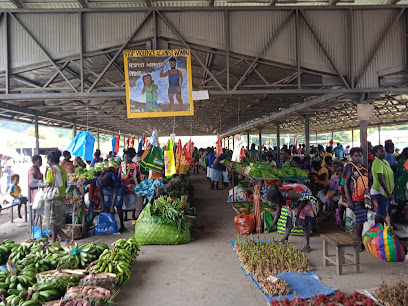
Jomik Supermarket
Experience the essence of Bougainville at Jomik Supermarket, your one-stop shop for local goods and authentic souvenirs in Arawa.
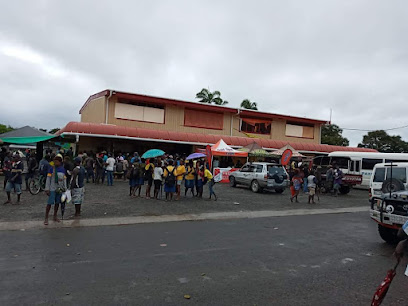
STI Shopping Centre
Explore the vibrant STI Shopping Centre in Arawa, where shopping meets local culture, dining, and community events.
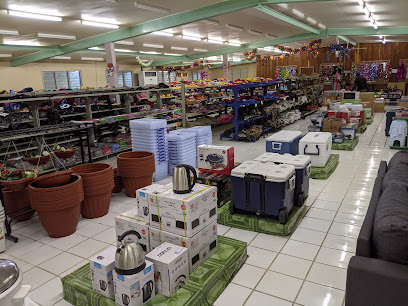
Bougainville Agrotech Limited
Explore Bougainville Agrotech Limited in Arawa for top-notch hardware and gardening supplies, blending local charm with quality tools.
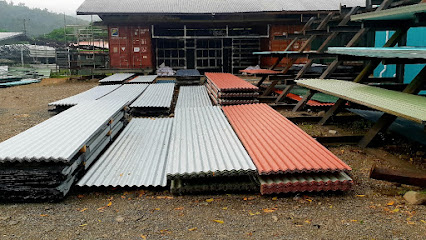
Bendaun Market
Discover the colorful and vibrant Bendaun Market in Arawa, where local culture and flavors come alive amidst lively stalls and friendly vendors.
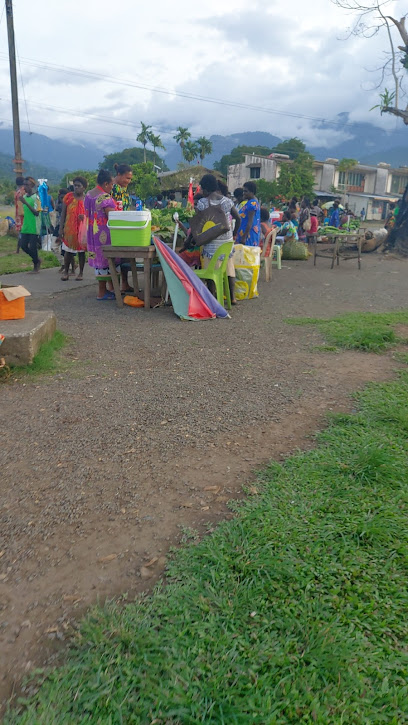
Lynchar Supermarket
Explore the vibrant Lynchar Supermarket in Arawa, where local flavors and products come together for an unforgettable shopping experience.
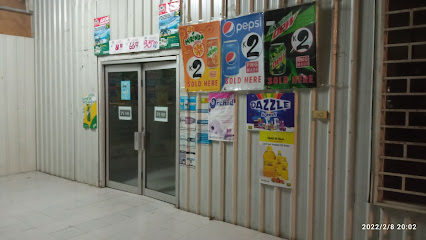
Arawa Auto Parts
Discover Arawa Auto Parts: Your go-to auto parts store in Arawa, Bougainville, offering quality service and a wide selection of automotive essentials.
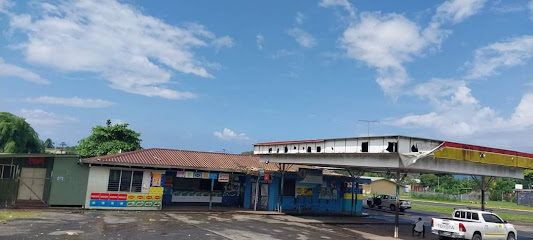
Marks Refillables
Discover Marks Refillables in Arawa: Your trusted printer ink refill store for all your printing needs in the beautiful region of AROB.
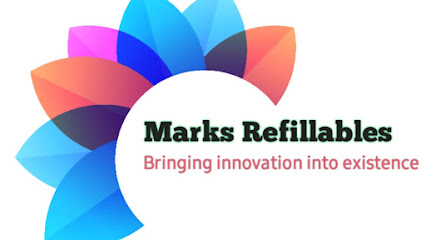
Kaara Traders
Discover the best in electronics at Kaara Traders, your trusted destination for gadgets and tech essentials in Arawa.
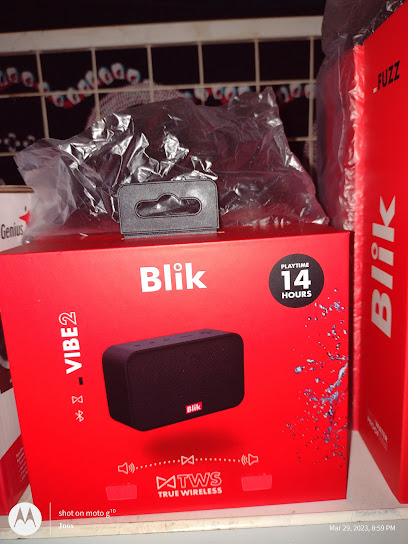
Advance Signs LTD
Discover Advance Signs LTD in Arawa for unmatched printing services and quality that brings your ideas to life.
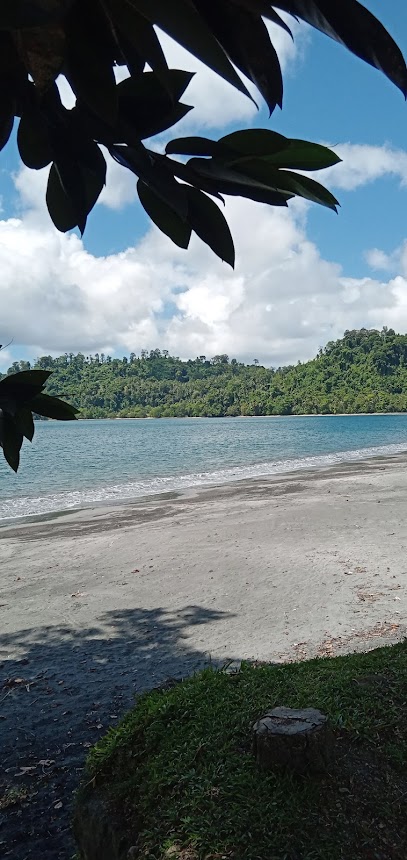
Jerohi Mini-Mart
Explore Jerohi Mini-Mart in Arawa for unique home goods and local treasures, capturing the essence of Bougainville's vibrant culture.
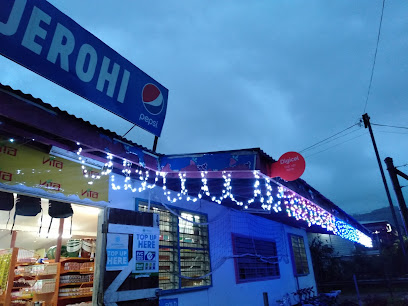
Pikus Market
Experience the vibrant culture and local flavors at Pikus Market in Arawa, a must-visit destination for every tourist in Bougainville.
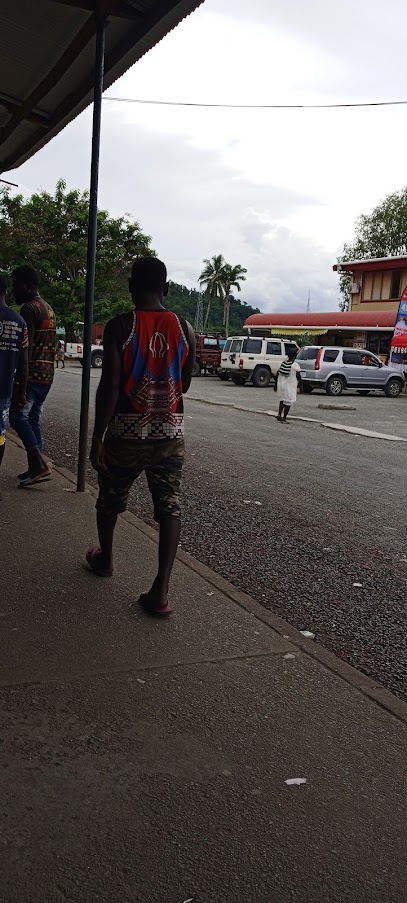
Tarliz Trading
Explore Tarliz Trading in Arawa for unique local products and souvenirs that capture the essence of Bougainville's vibrant culture.
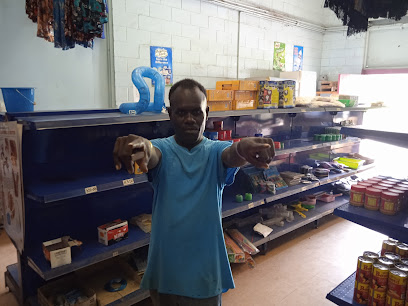
Animal Block City Hall
Explore the vibrant Animal Block City Hall in Arawa, where shopping meets local culture and community spirit in the heart of Bougainville.

Jayberth Plaza
Discover the heart of Arawa at Jayberth Plaza, where shopping, dining, and local culture converge in a vibrant atmosphere.
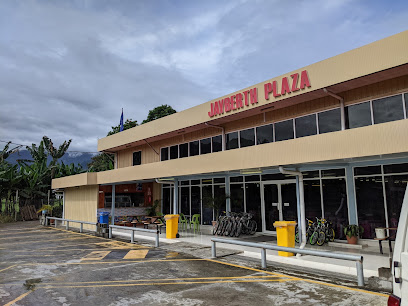
Essential bars & hidden hideouts
Poonang Nava Inn
Experience the warmth of Bougainville at Poonang Nava Inn, a cozy guest house in Arawa perfect for cultural exploration and relaxation.

Gold Dust Inn
Gold Dust Inn: Your Comfortable Retreat in Arawa, Papua New Guinea, Blending Local Charm with Modern Comfort.
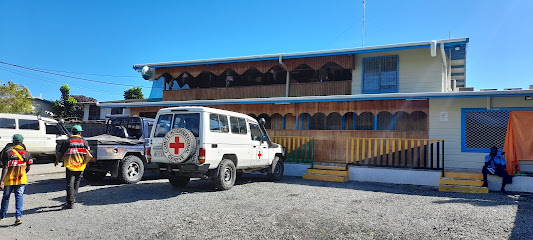
Bovotel Hotel
Experience comfort and local charm at Bovotel Hotel, your ideal stay in Arawa, Bougainville, rich in culture and natural beauty.
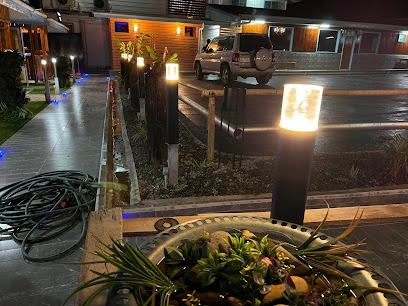
Arawa Travellers Inn
Discover the serene beauty of Bougainville Island with a stay at Arawa Travellers Inn, your cozy lodge amidst stunning landscapes.
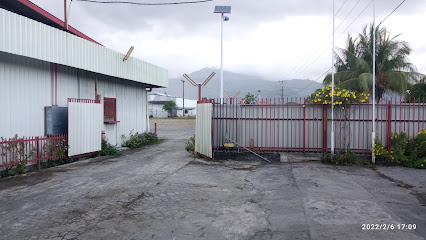
Hangers Tavern
Explore Hangers Tavern, a local bar in Arawa, where vibrant culture meets refreshing drinks in the heart of Bougainville.
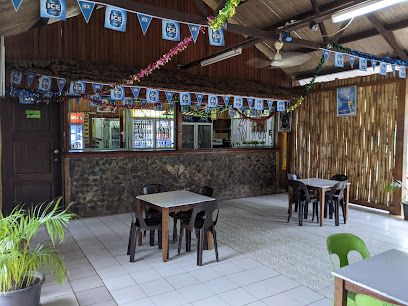
Rays' Tavern
Discover the vibrant local culture at Rays' Tavern in Arawa, where every drink tells a story and every visit is memorable.

Jerohi Kai Bar
Discover the vibrant culinary scene at Jerohi Kai Bar, where Bougainvillean flavors meet warm hospitality in the heart of Arawa.
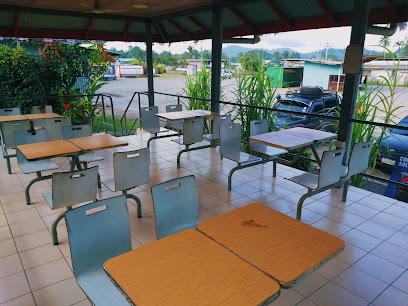
Arawa Secondary School
Discover the vibrant educational spirit and cultural heritage at Arawa Secondary School in the heart of Bougainville.
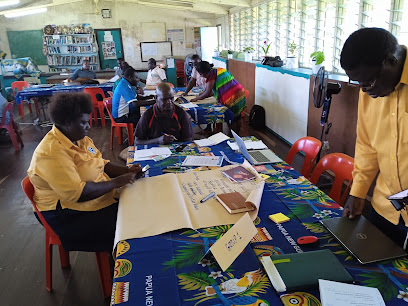
Mati Hauswin Bar & Grill
Experience the authentic taste of Papua New Guinea with delicious grilled dishes at Mati Hauswin Bar & Grill in Loloho AROB.
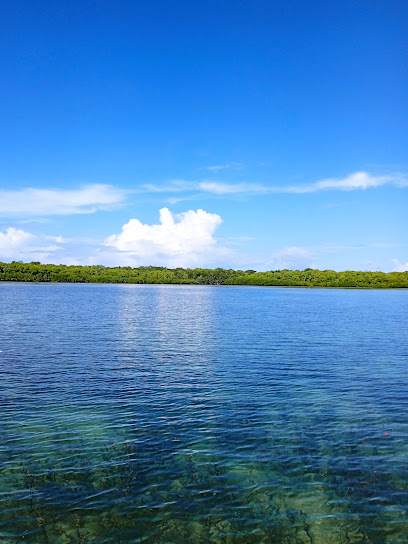
Michael Tukaku Beach Front
Experience the breathtaking beauty and vibrant atmosphere of Michael Tukaku Beach Front on Bougainville Island, a perfect spot for relaxation and adventure.
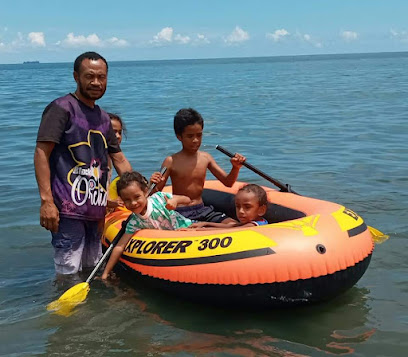
Jerohi Fuel Station
Discover sustainable refueling at Jerohi Fuel Station in Arawa, Bougainville, where eco-friendly travel meets local culture.
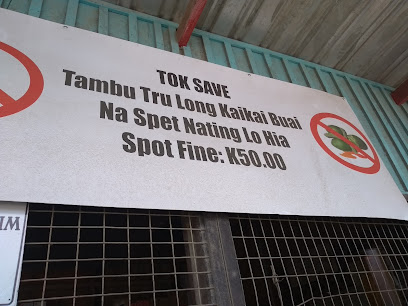
Singkeeru Transit&Food Bar
Discover the flavors of Papua New Guinea at Singkeeru Transit & Food Bar, a local gem in Arawa offering delicious dishes in a welcoming setting.
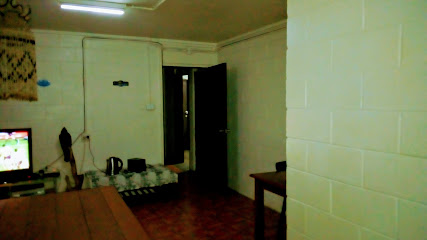
ARAWA
Explore Arawa in Bougainville: A blend of natural beauty, culture, and warm hospitality awaits every traveler.

Arawa Urban Council
Explore the Arawa Urban Council, a symbol of governance and community engagement in Bougainville, enriching your travel experience.
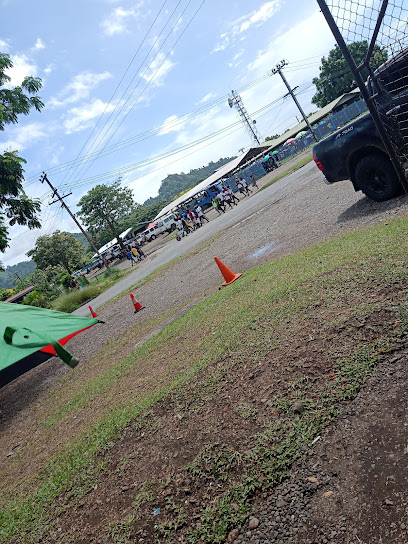
Local Phrases
-
- HelloKam na
[kam nah] - GoodbyeKam na
[kam nah] - YesEe
[ee] - NoTao
[tao] - Please/You're welcomeLukim yu
[look-eem yoo] - Thank youTenkyu
[ten-kyoo] - Excuse me/SorrySori
[soh-ree] - How are you?Yu stap gut?
[yoo stap goot] - Fine. And you?Mi stap gut. Na yu?
[mee stap goot. nah yoo] - Do you speak English?Yu save toktok long Tok Pisin?
[yoo sah-veh tohk-tohk long tohk pee-seen] - I don't understandMi nogat save
[mee noh-gaht sah-veh]
- HelloKam na
-
- I'd like to see the menu, pleaseMi laik lukim menu, plis
[mee lake look-eem menu, plees] - I don't eat meatMi no kaik kaukau
[mee noh kigh-kigh kow-kow] - Cheers!Cheers!
[cheers] - I would like to pay, pleaseMi laik pai, plis
[mee lake pie, plees]
- I'd like to see the menu, pleaseMi laik lukim menu, plis
-
- Help!Help!
[help] - Go away!Go long!
[go long] - Call the Police!Kolim Polis!
[koh-leem poh-lees] - Call a doctor!Kolim dokta!
[koh-leem dohk-tah] - I'm lostMi lus
[mee loos] - I'm illMi sik
[mee seek]
- Help!Help!
-
- I'd like to buy...Mi laik baim...
[mee lake bighm] - I'm just lookingMi tasol lukim
[mee tah-sol look-eem] - How much is it?Em i stap long hamas?
[em ee stap long hah-mahs] - That's too expensiveEm i stap long hamas
[em ee stap long hah-mahs] - Can you lower the price?Yu inap lusim pres?
[yoo ee-nahp loo-seem press]
- I'd like to buy...Mi laik baim...
-
- What time is it?Wanem taim nau?
[wah-nem tah-eem now] - It's one o'clockEm i wan
[em ee wahn] - Half past (10)Long hap pasten
[long hahp pah-sten] - MorningMornin
[mohr-neen] - AfternoonApinun
[ah-pee-noon] - EveningEvenin
[ee-veh-neen] - YesterdayDei igo
[day ee-goh] - TodayTudei
[too-day] - TomorrowTomoro
[toh-moh-roh] - 1Wan
[wahn] - 2Tu
[too] - 3Tri
[tree] - 4Fo
[foh] - 5Faiv
[fah-eev] - 6Sikis
[see-kees] - 7Seven
[seh-vehn] - 8Eit
[ayt] - 9Nain
[nine] - 10Ten
[tehn]
- What time is it?Wanem taim nau?
-
- Where's a/the...?Wanem ples em i stap...?
[wah-nem ples em ee stap] - What's the address?Wanem adras em i stap?
[wah-nem ad-rahss em ee stap] - Can you show me (on the map)?Yutupela inap soim mi long maemap?
[yoo-too-peh-lah ee-nahp soy-eem mee long mah-map] - When's the next (bus)?Taim bai nambawan bus i kam?
[time bai nahm-bah-wahn bus ee kam] - A ticket (to ....)Wan tiket (long ....)
[wah-n tee-keht long]
- Where's a/the...?Wanem ples em i stap...?
History of Arawa
-
Arawa, located on the island of Bougainville in Papua New Guinea, began as a small settlement inhabited by the indigenous Nasioi people. The region's rich natural resources and fertile land supported a thriving agricultural community long before European contact.
-
In the late 19th century, Arawa and the entirety of Bougainville became part of German New Guinea. The German administration focused on exploiting the island's resources, particularly copra, leading to increased interactions between the indigenous population and European settlers.
-
Following Germany's defeat in World War I, Bougainville was administered by Australia under a League of Nations mandate. During World War II, the island became a strategic location and witnessed significant military activity, including the Battle of Bougainville, which saw Allied forces fighting Japanese occupiers.
-
After World War II, Arawa experienced considerable growth, particularly with the discovery of vast copper deposits in the Panguna region. The establishment of the Panguna mine in the 1970s transformed Arawa into a bustling town, attracting workers from various parts of Papua New Guinea and abroad.
-
The economic benefits of the Panguna mine were coupled with environmental degradation and social unrest among the indigenous population. Tensions escalated into the Bougainville Civil War (1988-1998), a brutal conflict that led to significant loss of life, displacement, and the eventual closure of the Panguna mine.
-
Following the peace agreement in 2001, Arawa has been in a period of rebuilding. The establishment of the Autonomous Region of Bougainville has given the local government greater control over its affairs. Efforts are ongoing to restore infrastructure, promote economic development, and address the scars left by the civil war.
-
In recent years, there has been a strong focus on reviving and preserving the rich cultural heritage of Arawa and Bougainville. Traditional music, dance, and crafts are being promoted, and cultural festivals attract visitors eager to experience the unique customs and traditions of the region.
Arawa Essentials
-
Arawa is located on the eastern coast of Bougainville Island in Papua New Guinea. The nearest international airport is Buka Airport on Buka Island, which is a short flight from Port Moresby, the capital of Papua New Guinea. From Buka Island, you can take a ferry to mainland Bougainville or a domestic flight to Aropa Airport, which is closer to Arawa. Once on Bougainville, you can travel to Arawa by road using local buses, taxis, or private car hire.
-
In Arawa, public transportation mainly consists of PMVs (Public Motor Vehicles) and taxis. PMVs are minibuses that run on fixed routes and are an affordable way to get around. Taxis are available but can be more expensive. For more flexibility, consider renting a car. Be aware that road conditions can vary, and driving can be challenging due to the rugged terrain. Walking is also a practical option within the town itself.
-
The official currency in Papua New Guinea is the Papua New Guinean Kina (PGK). Credit cards are not widely accepted in Arawa, so it is advisable to carry cash. ATMs are available but may not always be reliable, so withdrawing sufficient cash in larger towns or cities before arriving in Arawa is recommended. Ensure you have small denominations, as change can sometimes be an issue in smaller shops and markets.
-
Arawa is generally safe for tourists, but it is important to take standard precautions. Avoid walking alone at night, especially in unfamiliar areas. Petty theft, such as pickpocketing, can occur, so keep your belongings secure. Some neighborhoods may have higher crime rates; consult local advice to know which areas to avoid. Always stay vigilant and aware of your surroundings.
-
In case of an emergency, dial 111 for police assistance or 000 for medical emergencies. Arawa has a local police station and a hospital with basic medical facilities. It is recommended to have travel insurance that covers medical emergencies. For minor health issues, there are pharmacies in the town where you can purchase over-the-counter medications.
-
Fashion: Do dress modestly, especially in rural areas and when visiting religious sites. Avoid wearing revealing clothing. Religion: Do respect local customs and traditions. Always ask for permission before taking photographs of people and religious sites. Public Transport: Do be respectful and patient; public transport can be crowded and schedules may not be punctual. Don't eat or drink on public transport. Greetings: Do greet people with a handshake and a smile. A friendly greeting in the local Tok Pisin language, 'Yu orait?' (How are you?), is appreciated. Eating & Drinking: Do try local cuisine and accept food offers graciously. Don't refuse hospitality as it is considered impolite.
-
To experience Arawa like a local, visit the local markets where you can buy fresh produce and handmade crafts. Engage with locals, who are often friendly and willing to share stories about the town's history and culture. Explore the natural beauty of the surrounding areas, including the Panguna Mine site and the nearby beaches. Learning a few phrases in Tok Pisin, the local language, can go a long way in building rapport with residents.
Nearby Cities to Arawa
-
Things To Do in Taro Island
-
Things To Do in Gizo
-
Things To Do in Kokopo
-
Things To Do in Rabaul
-
Things To Do in Yandina
-
Things To Do in Tulagi
-
Things To Do in Honiara
-
Things To Do in Kimbe
-
Things To Do in Auki
-
Things To Do in Kavieng
-
Things To Do in Alotau
-
Things To Do in Lae
-
Things To Do in Port Moresby
-
Things To Do in Madang
-
Things To Do in Goroka






